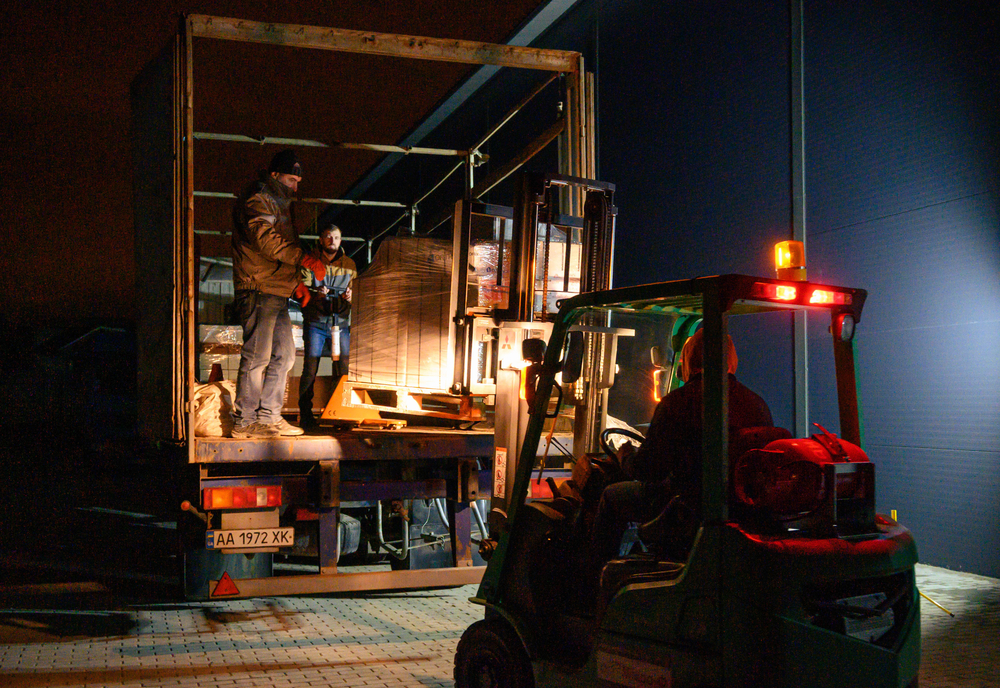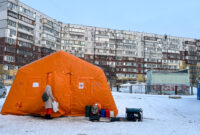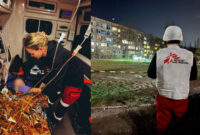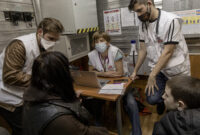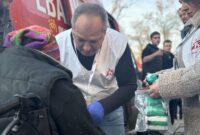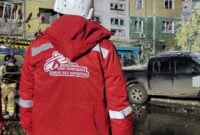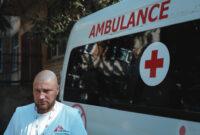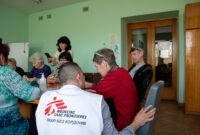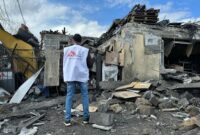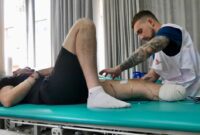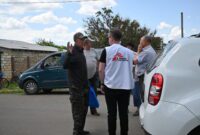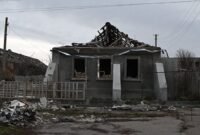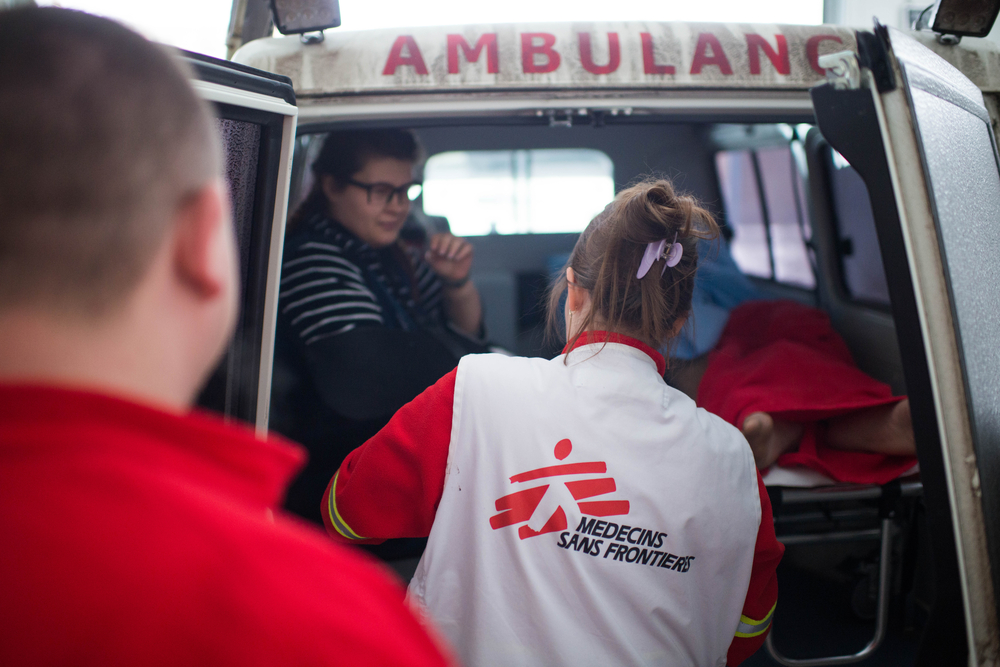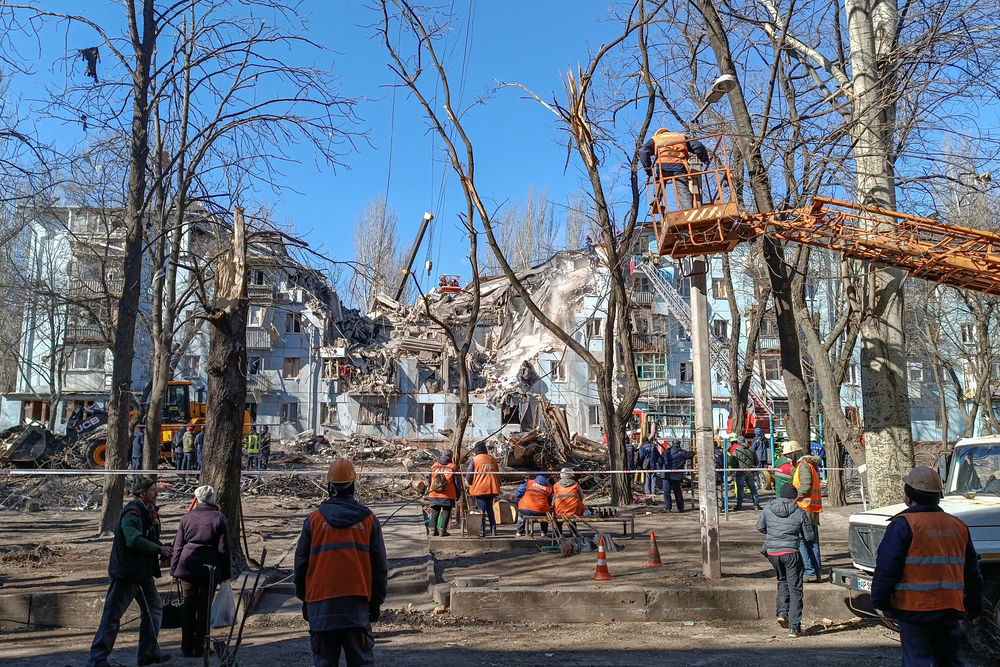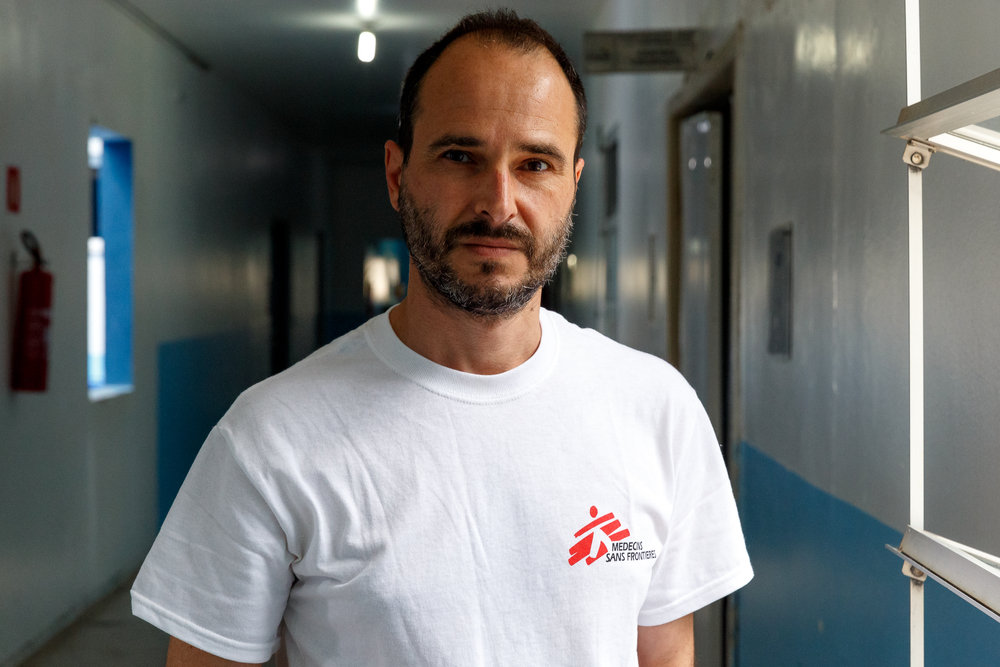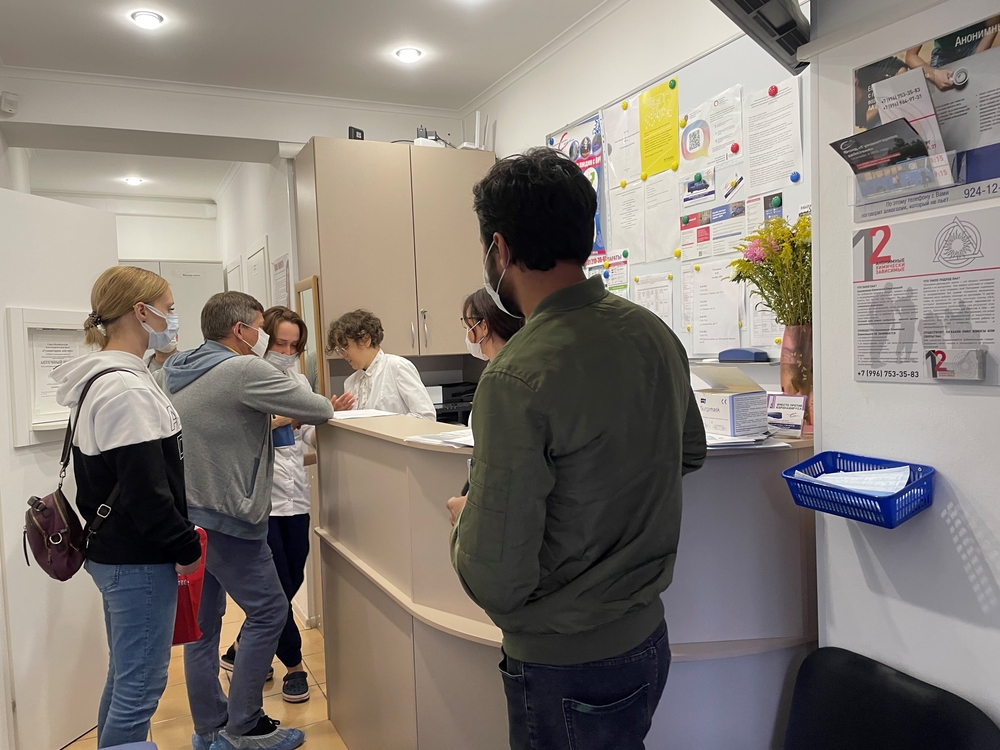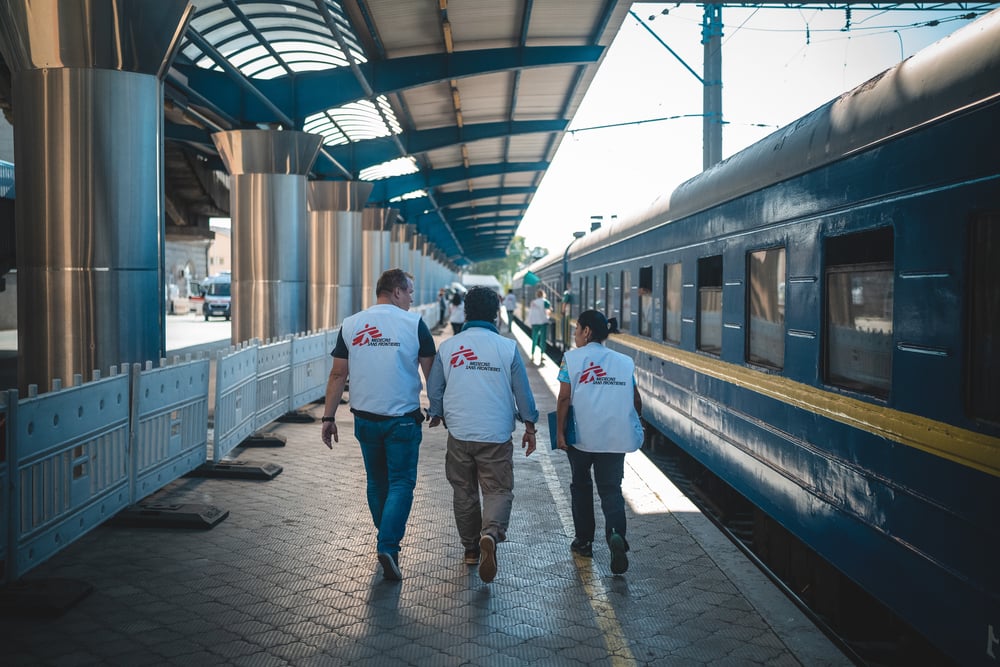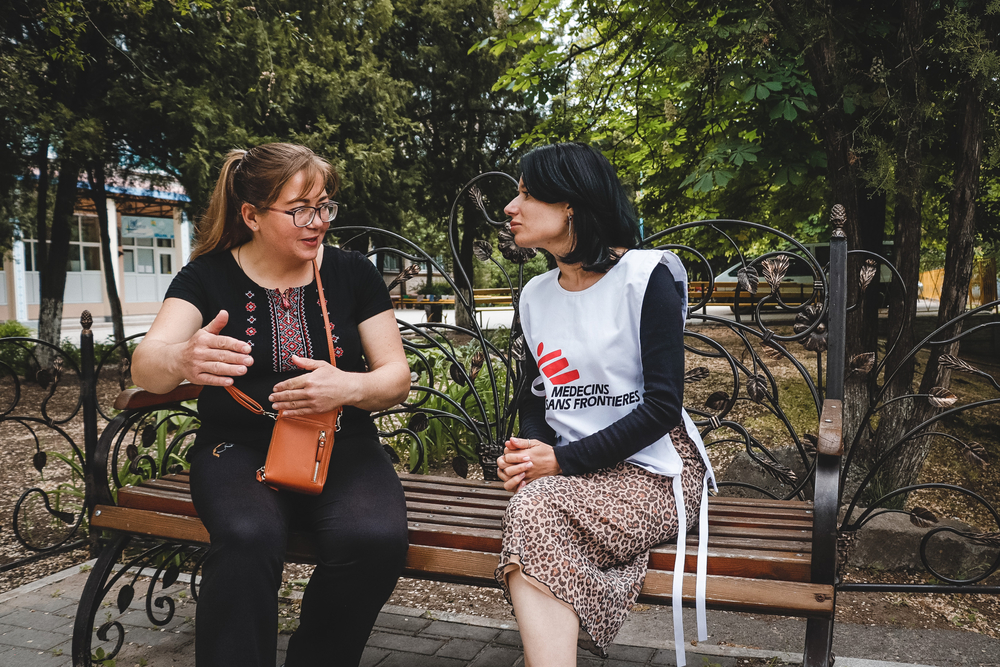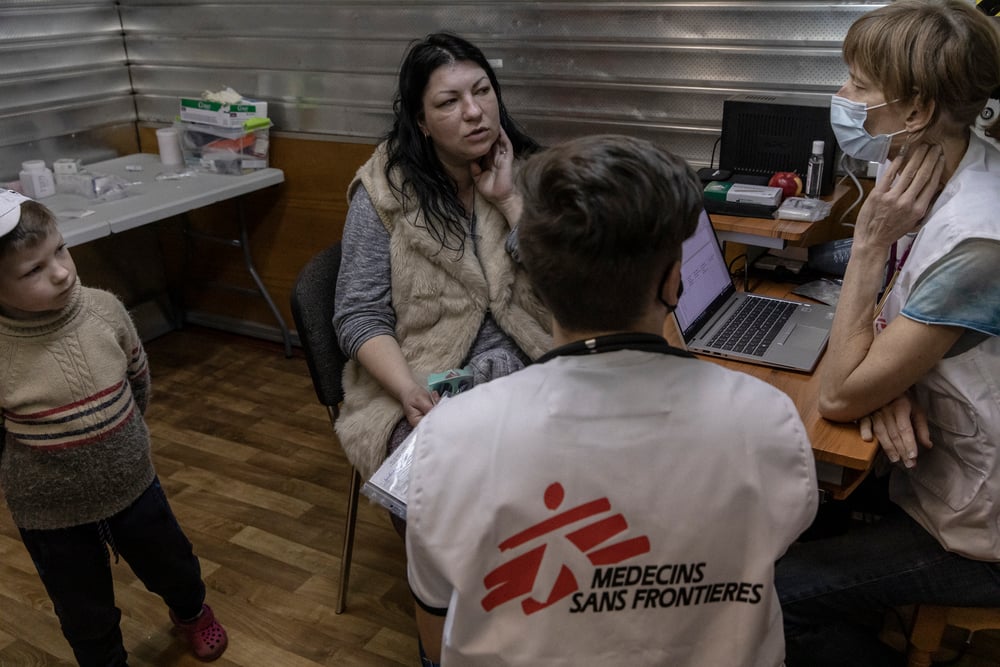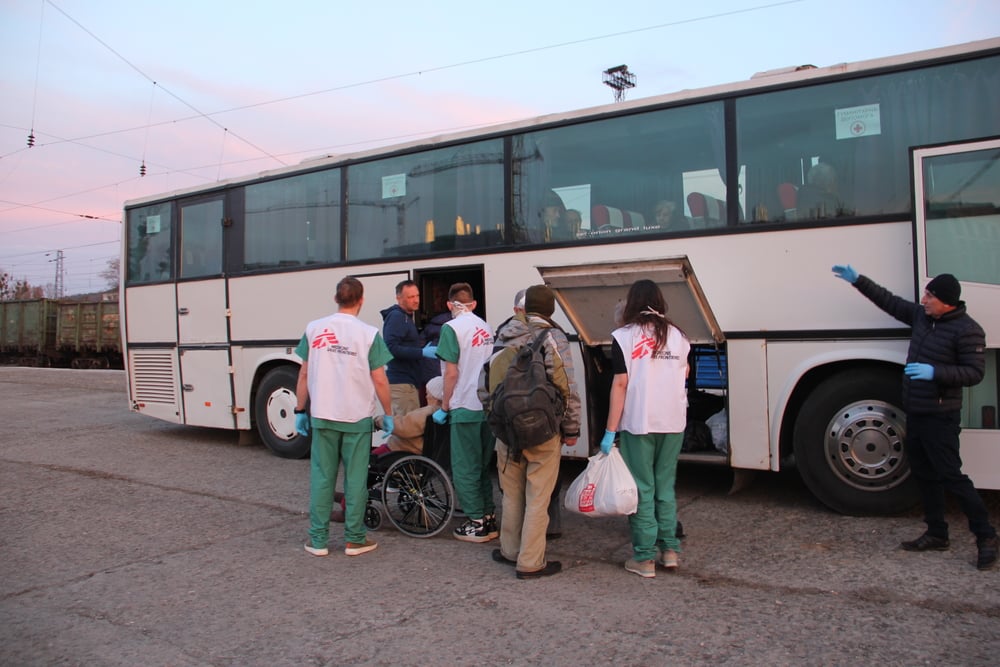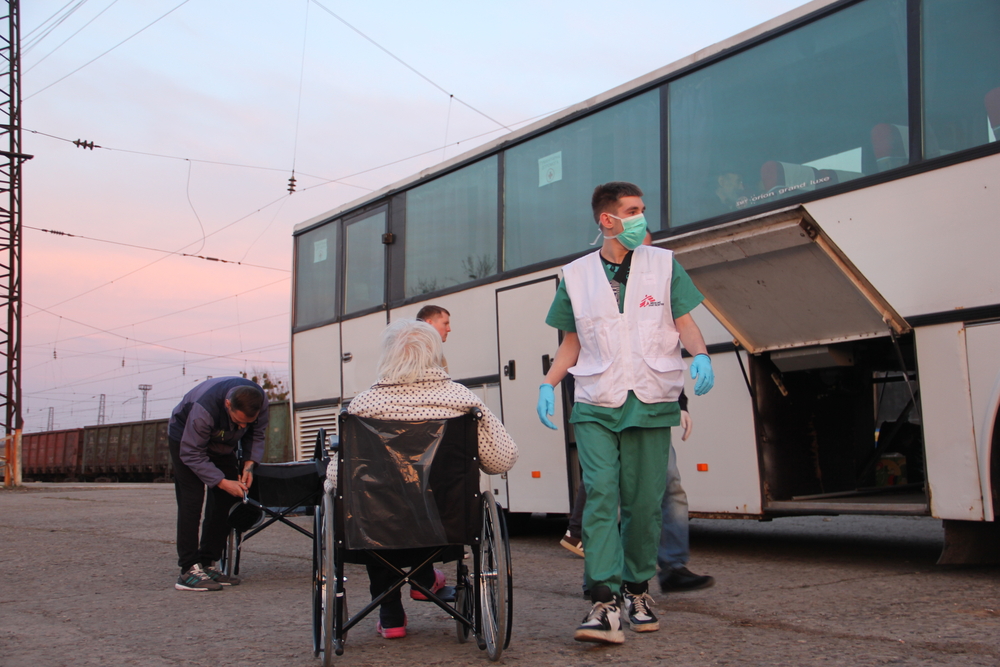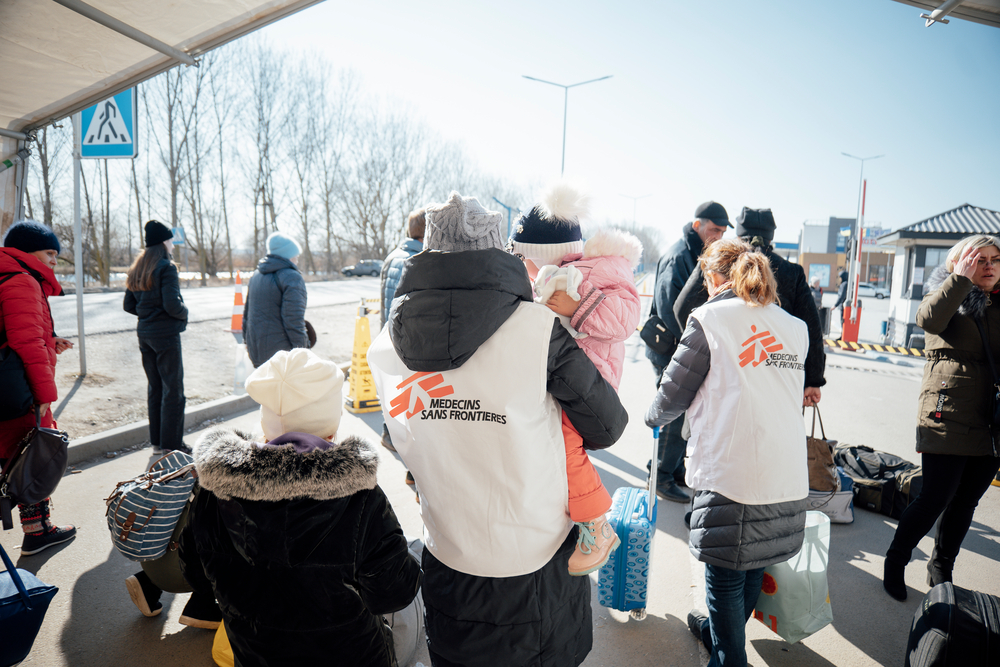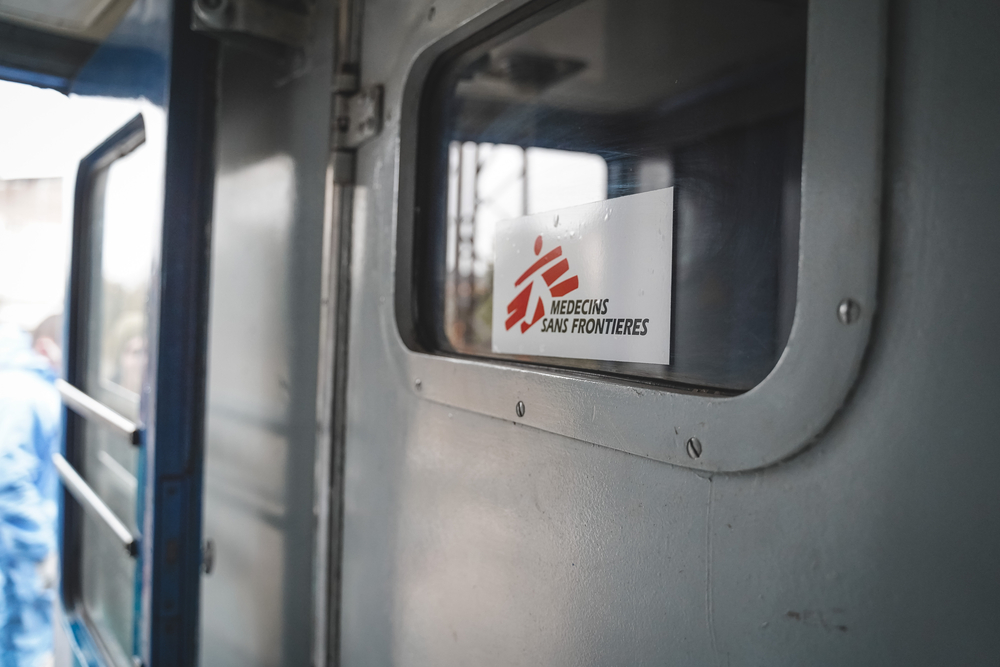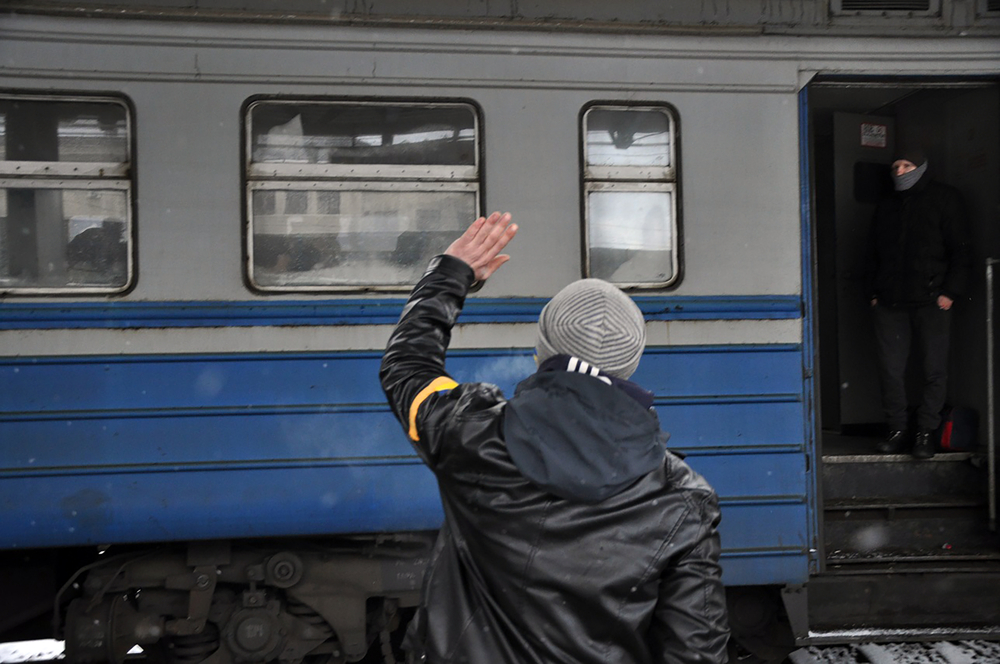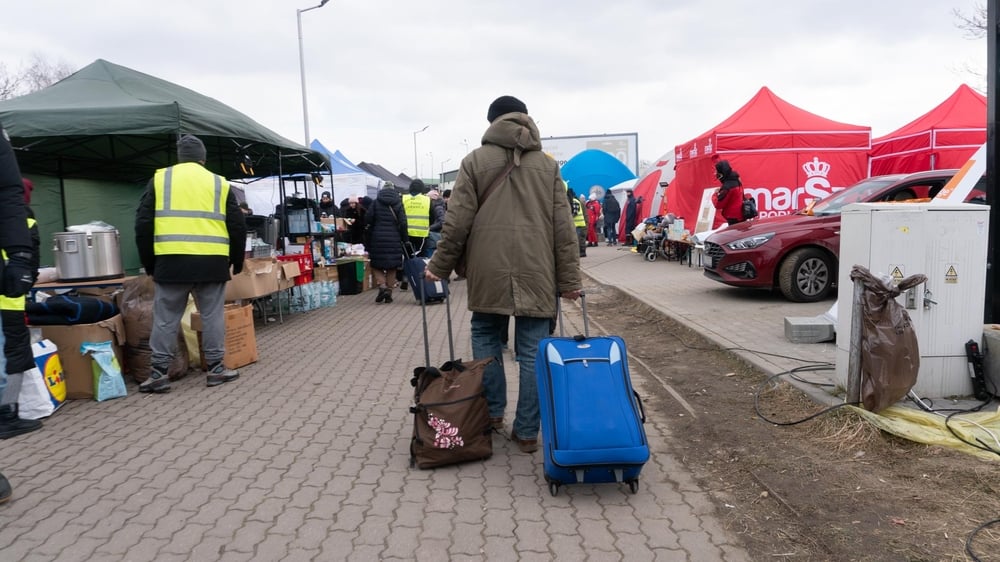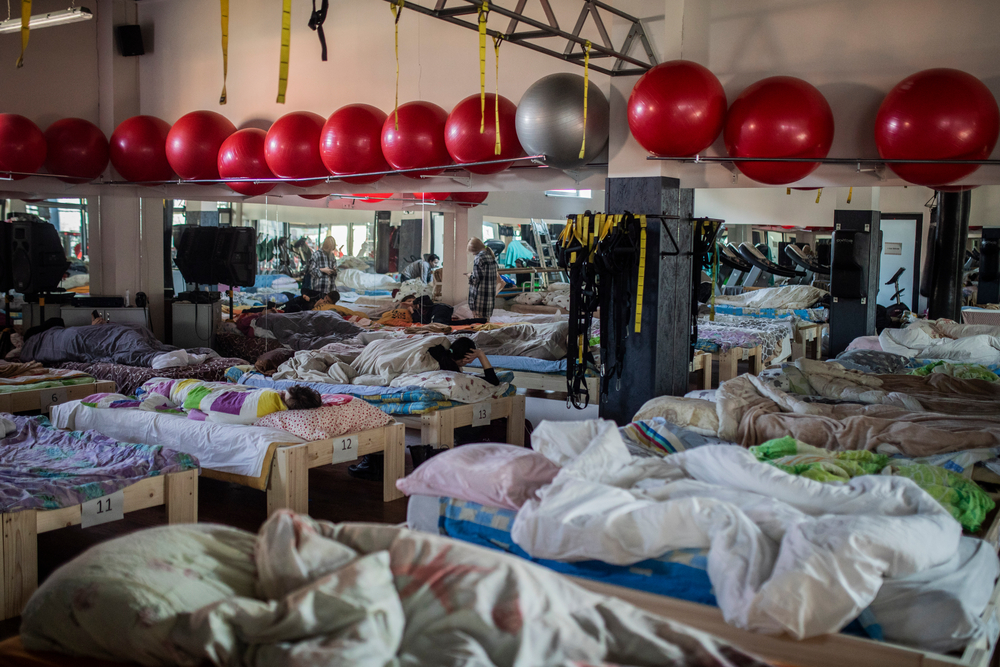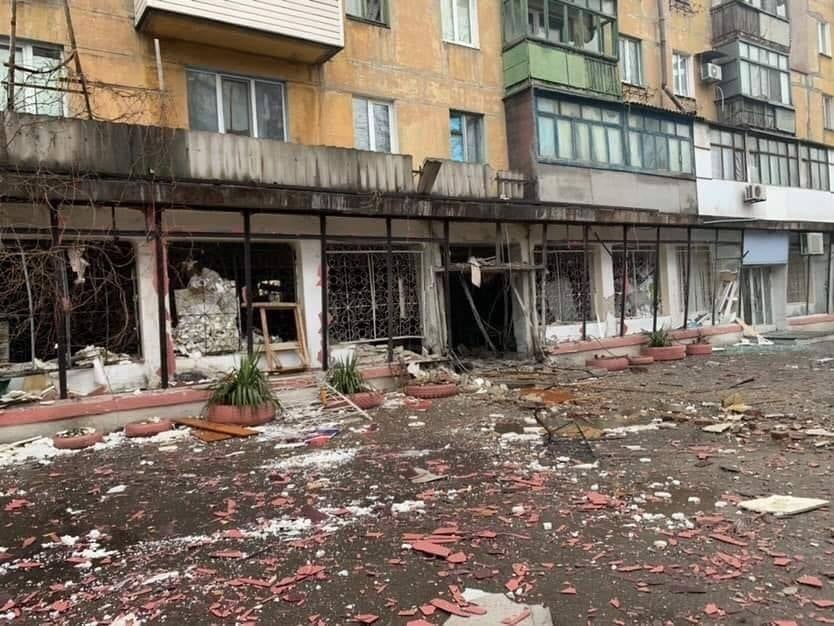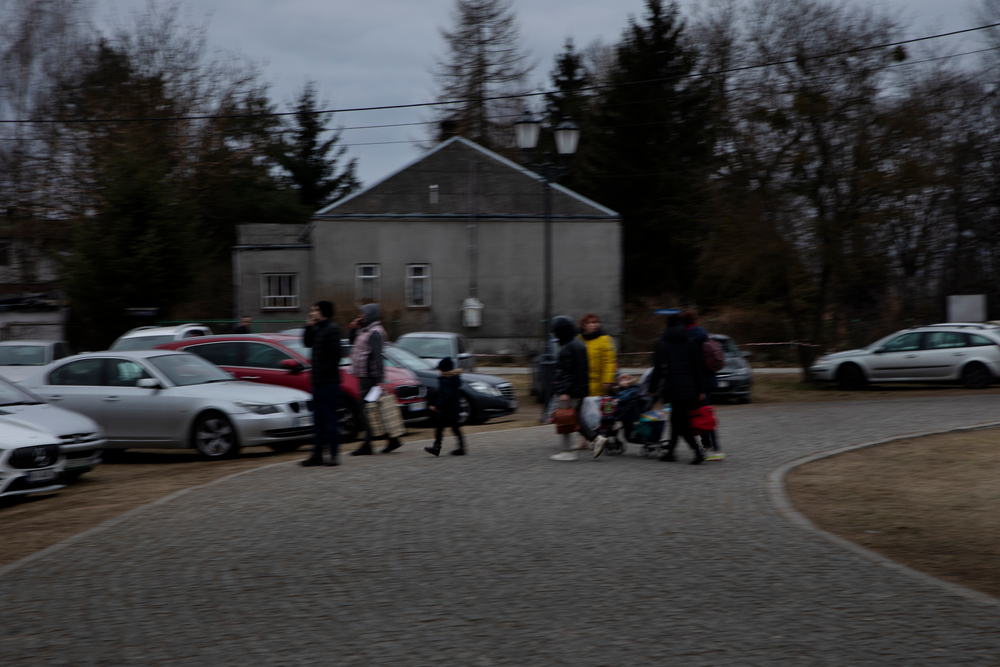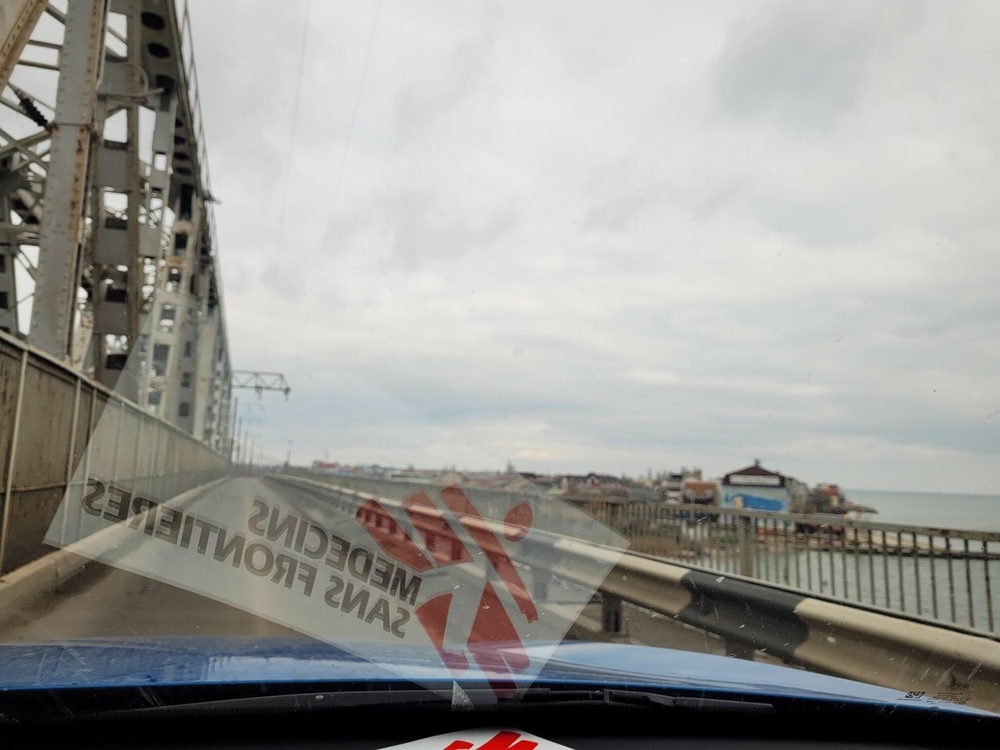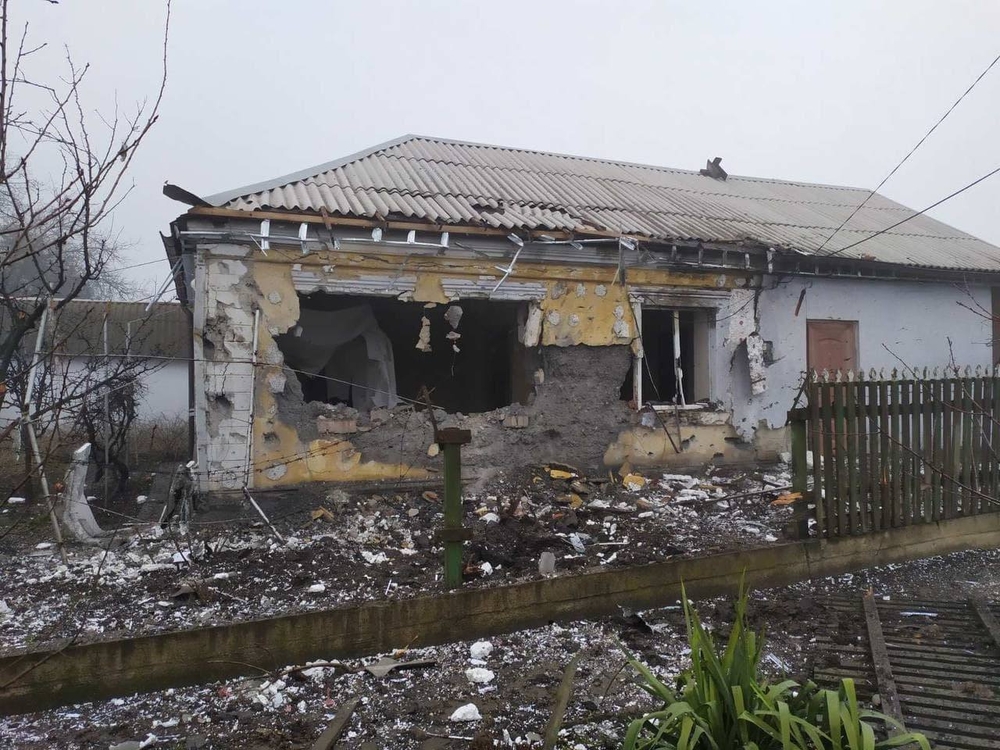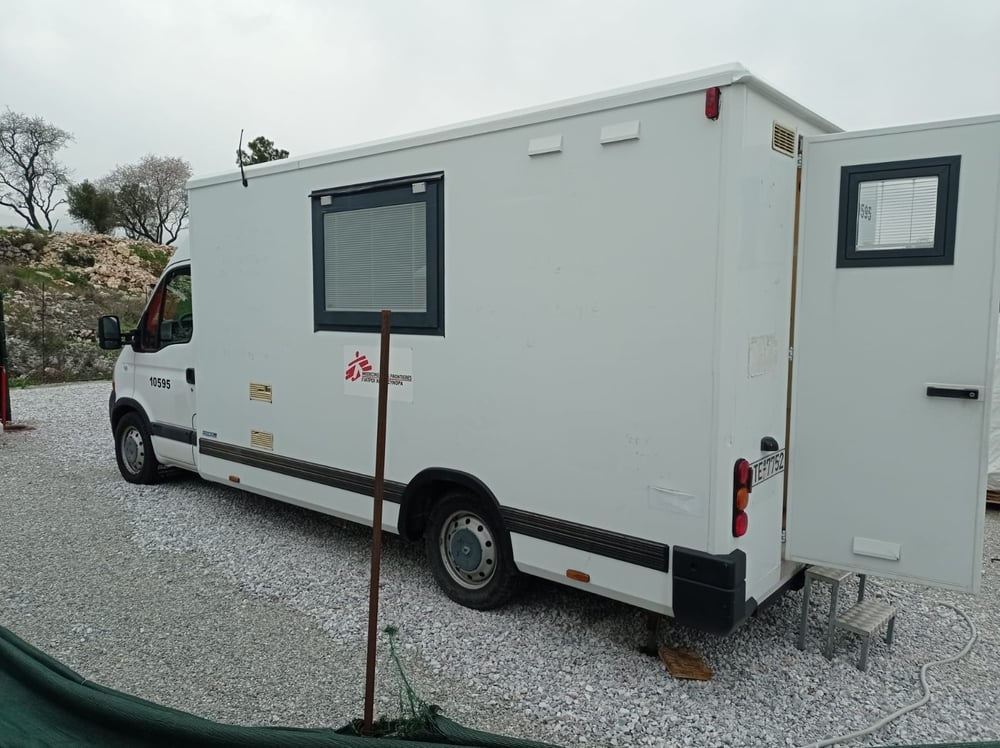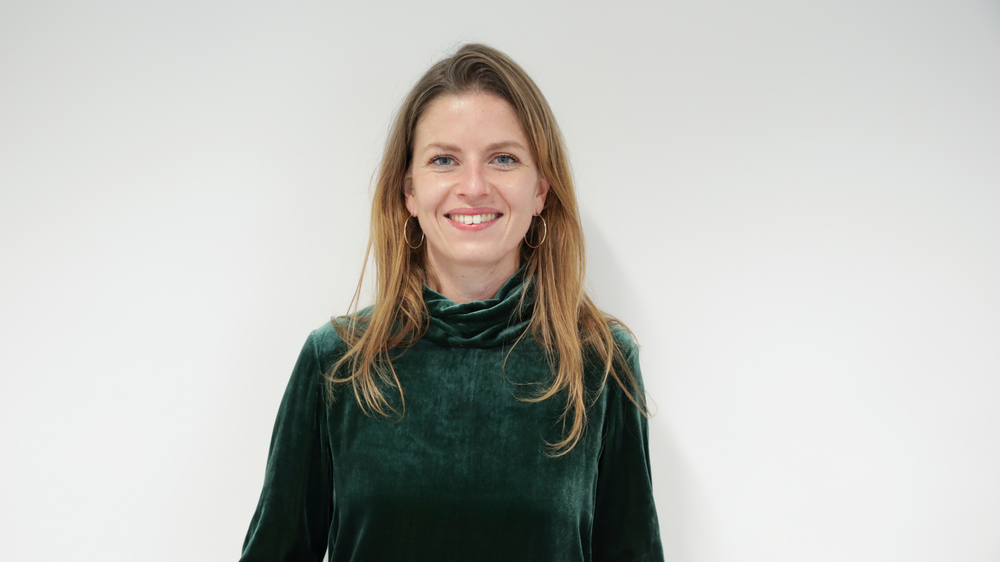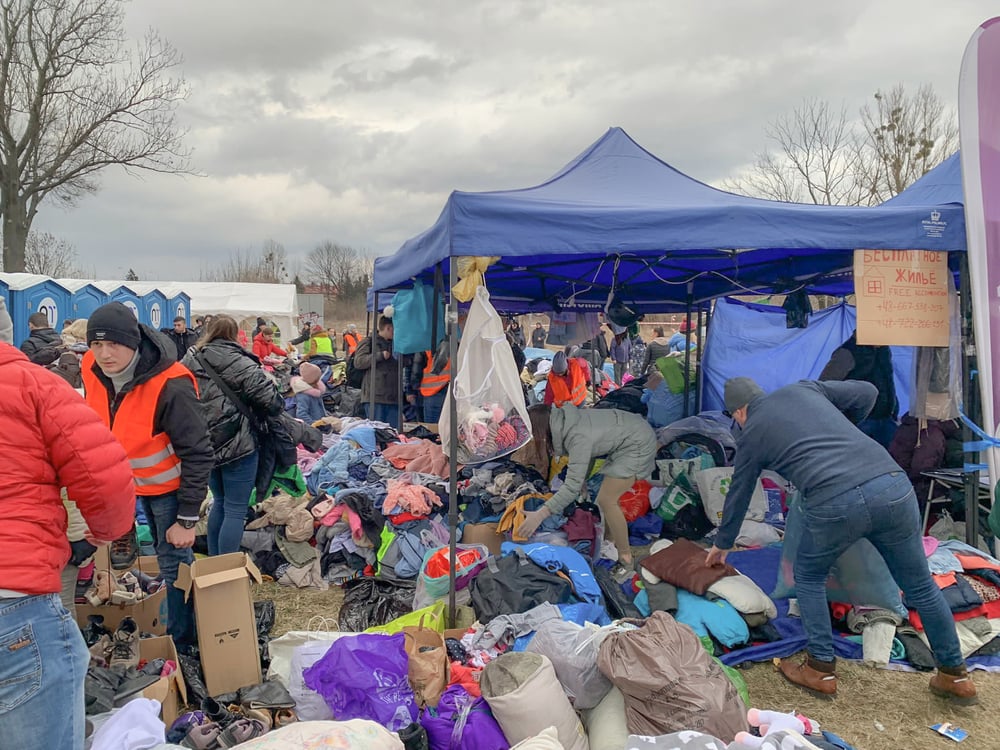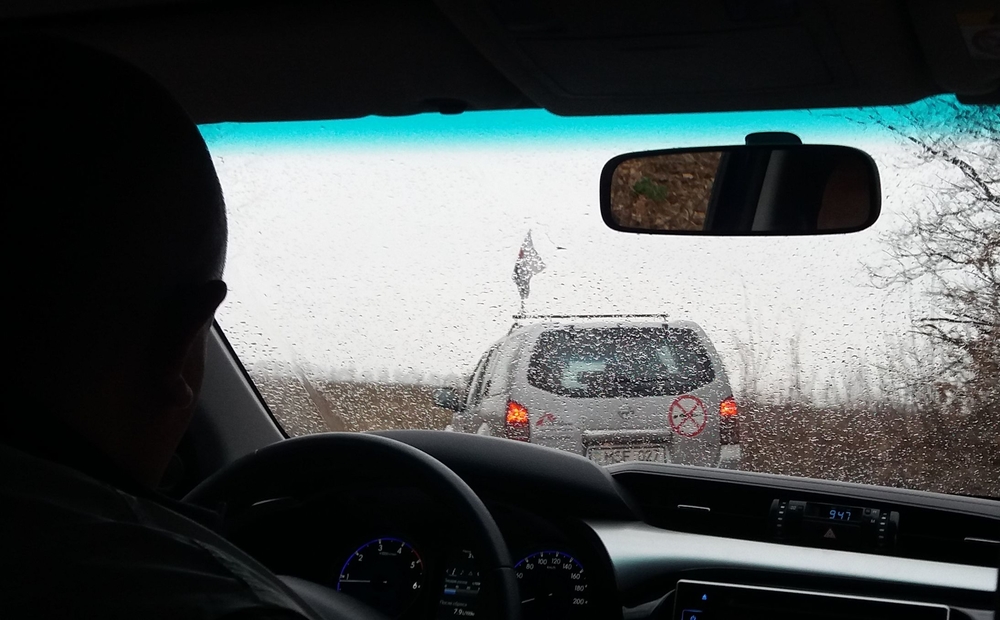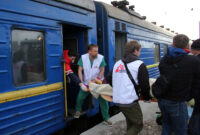Ukraine: MSF rushes emergency medical supplies to Kyiv
Around 6:00 p.m. local time, Saturday, March 5, 2022, one of our Emergency Response teams in Ukraine met Oleksandr Kamyshin, Chairman of the Board of Ukrainian Railways. Doctors Without Borders/Médecins Sans Frontières (MSF)’s first international supplies had arrived in Ukraine, and had been unloaded in the warehouse, just a few hours before.
“The hospitals in Kyiv are desperate for supplies – we have what they need – can you help us get it to Kyiv?”
Simple question, and rapid answer. By midnight, the first batch of medical kits and supplies was loaded, and the train set to depart.
“It was urgent to do this fast,” says Christopher Stokes, MSF Emergency Coordinator in Ukraine. “We may be in a race against time here – we have no certainty how long train access to Kyiv will remain possible. We chose to go with the train option for reasons of speed and the high volume capacity.”
Supplies safely delivered
The supplies have been selected to respond to war trauma. They include surgical kits, trauma kits, basic necessities for ICU (Intensive Care Units), Emergency Rooms and surgical operating theatres; including instruments, equipment, medicines, drugs and other items. In total, around 40m3 of supplies.
We received confirmation at 3:30 p.m. local time that the supplies had been safely received by the Ministry of Health in Kyiv, and are now being sent on to hospitals in the city and in other towns further east where numbers of wounded are rising and supplies are dwindling fast.
Increasingly urgent requests for medical supplies are coming in from many hospitals and health facilities in the more war-affected parts of Ukraine. MSF will seek ways to donate what is needed, where it is needed. More MSF international supplies are coming into Ukraine in the coming days to enable more medical re-supply actions. And conflict-experienced MSF medical teams are starting to arrive in Ukraine, from Moldova, Hungary and Poland.
“This war is brutal and high-intensity,” says Stokes. “Sending surgical teams to do hands-on medical work will be challenging, but we are actively looking at what could be possible. Even distributing supplies to hospitals will be hard. We know it has taken time, but we are scaling up fast – and these are the much-needed first steps as we build our concrete medical response.”
